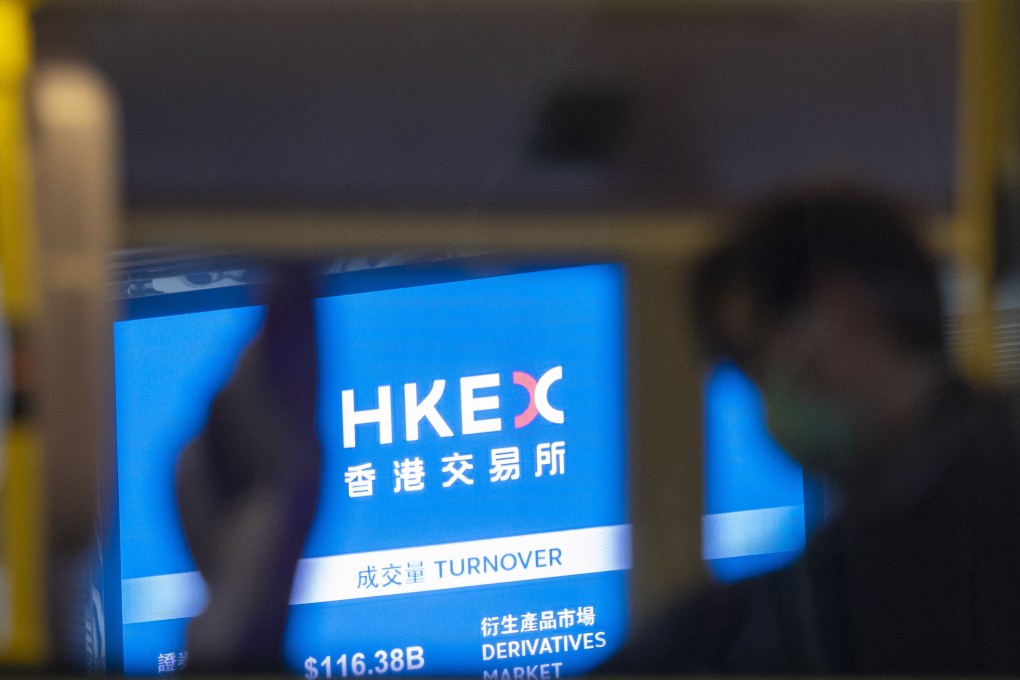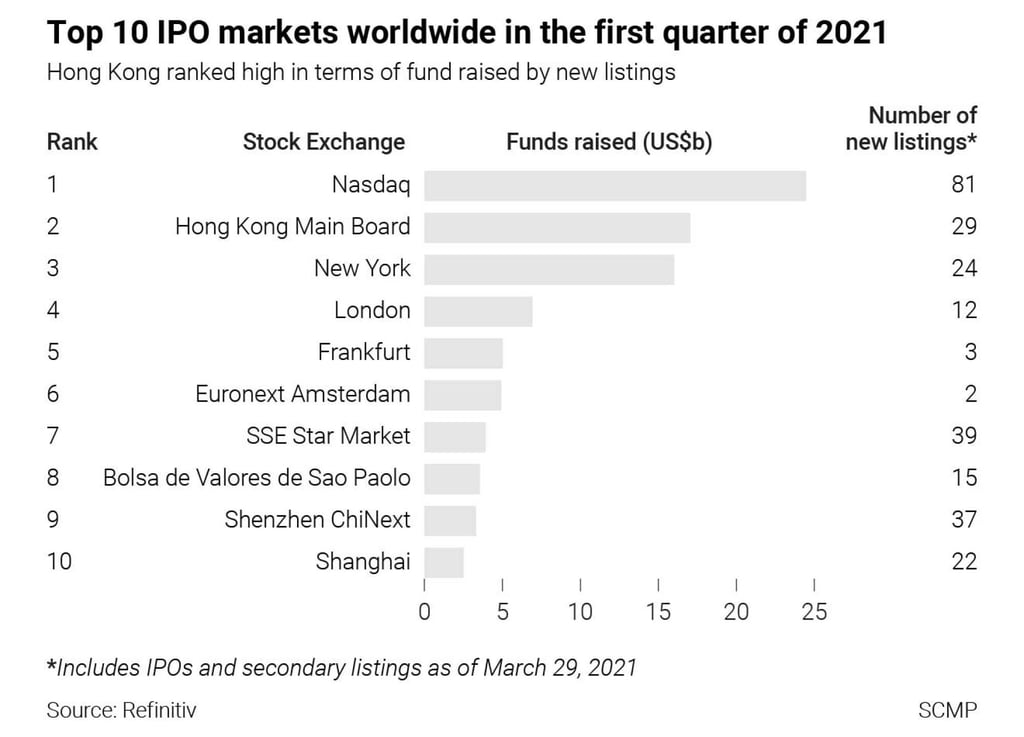Hong Kong’s exchange proposes to cut capital requirements, broaden qualifications for secondary listings as it kicks off two-month consultation on additional listing reforms
- The exchange plans to substantially lower the capitalisation qualification to let smaller companies raise funds
- HKEX also plans to broaden the scope of US-listed companies for secondary listings, according to a 240-page consultation paper

Hong Kong Exchanges and Clearing Limited (HKEX), the world’s biggest market operator by value, will begin a two-month consultation period to solicit public feedback on a plan to extend its listing reforms to attract more companies to raise capital on the city’s stock exchange.
“These proposals would enable a greater number of issuers with [their] centres of gravity in Greater China to secondary list to provide Hong Kong investors with the convenience of trading shares … [with] cultural and economic ties to Greater China within local market hours and under the protections offered by the Hong Kong regulatory regime,” the exchange said.
The consultation ending May 31 underscores how Hong Kong, the world’s top market for initial public offerings (IPOs) in seven of the past 12 years by amount of capital raised, continues to search for an edge to help it compete with New York, Shanghai and Shenzhen to maintain it pole position.
A total of 45 companies have raised a combined US$60 billion since the 2018 new listing regime until today, about 40 per cent of all IPOs in the city during the period, adding HK$11 trillion (US$1.4 trillion) to Hong Kong’s market capitalisation.

“The proposal to lower the entry requirement for secondary listings will encourage more companies to list here, which will provide more [investment] options for investors,” said Gordon Tsui, chairman of the Hong Kong Securities Association, an industry guild for brokers. “The exchange needs to make sure there is no misconduct overseas to safeguard the interests of Hong Kong investors.”